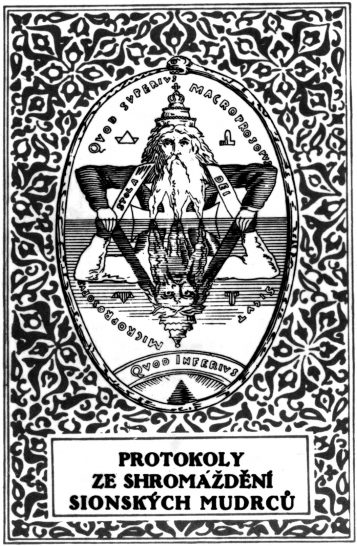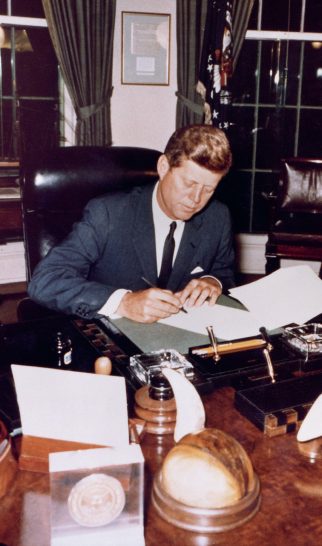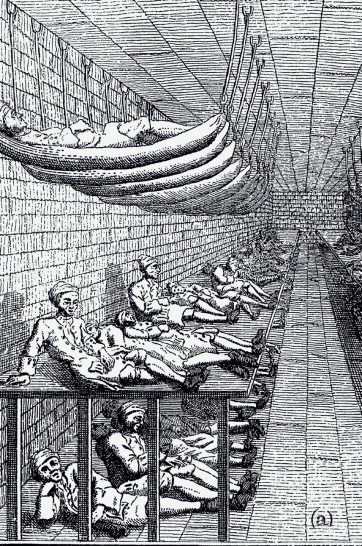
In 1796, the English physician Edward Jenner performed the world’s first vaccination designed to ward off smallpox. Jenner’s work was groundbreaking and eventually led to smallpox becoming the first infectious disease in history to be eradicated. It is tempting to see Jenner’s innovation as an immediate triumph. However, progress was slow. Vaccination faced substantial opposition in the century that followed, and smallpox was not eradicated until 1979. Why did it take so long?
Smallpox was a fearsome prospect in Industrial Britain. It caused an aggressive skin rash that developed into fluid-filled blisters before causing permanent scarring to survivors. By the eighteenth century an average of 30% of people who got smallpox died.
Your organisation does not have access to this article.
Sign up today to give your students the edge they need to achieve their best grades with subject expertise
Subscribe




